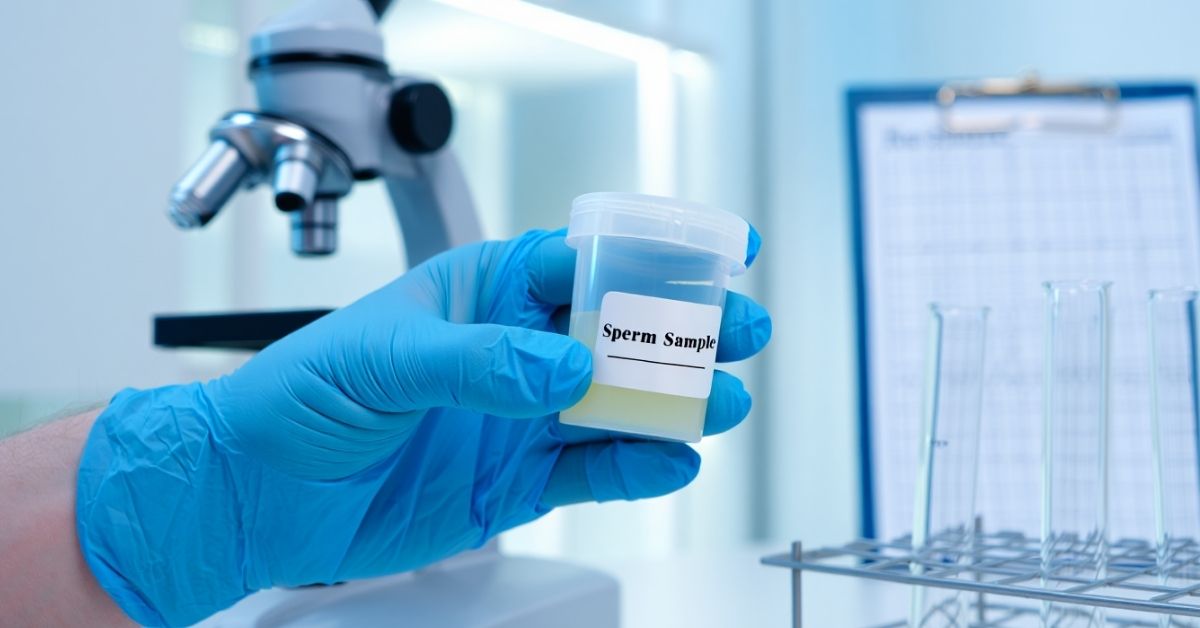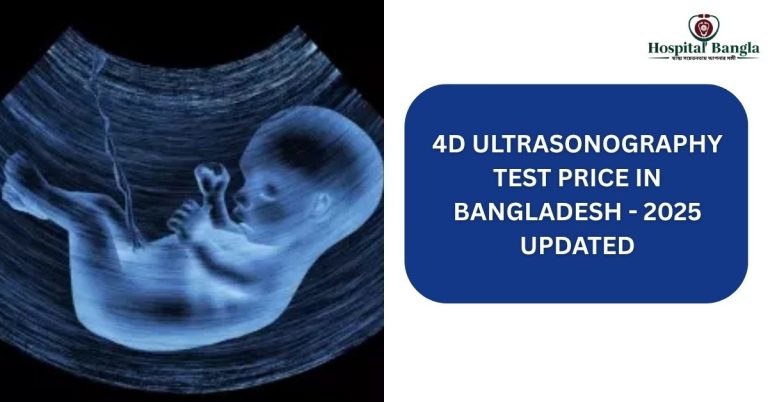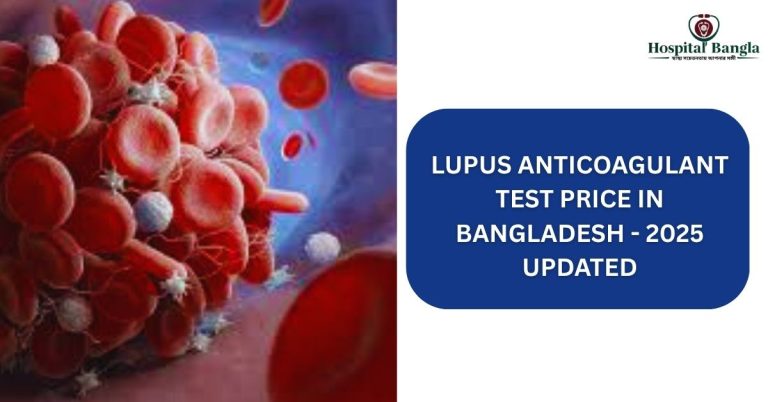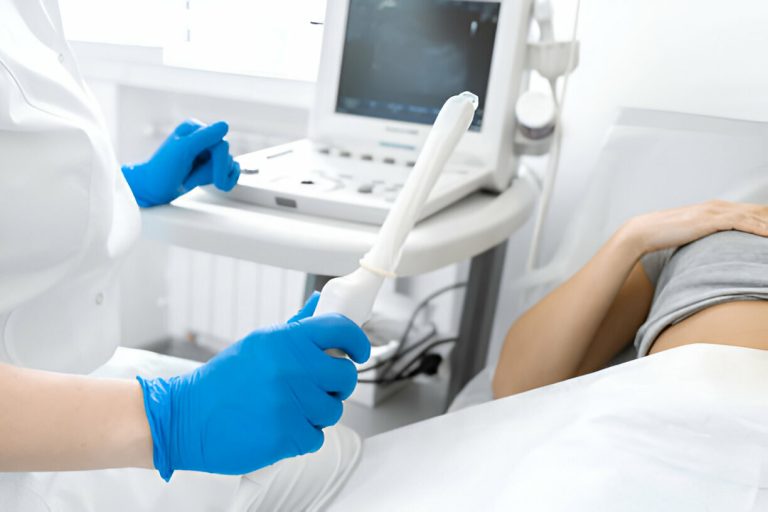Sperm Test Price in Bangladesh: 2025 Updated
A sperm test, commonly known as semen analysis, is a critical diagnostic tool used to evaluate male fertility by assessing the health, quantity, and quality of sperm in a semen sample. This test is vital for couples facing challenges in conceiving, men post-vasectomy, or those with suspected reproductive health issues. If you’re seeking information on the Sperm Test Price in Bangladesh, this article provides a detailed overview, including costs, preparation, and results interpretation. In Bangladesh, the price for a sperm test typically ranges from 500 to 2,500 BDT, depending on the facility and test complexity. Read on to understand everything you need to know about this essential medical procedure in 2025.
What is a Sperm Test?
A sperm test, or semen analysis, is a laboratory procedure that examines a semen sample under a microscope to evaluate sperm health. It measures key parameters such as sperm count, motility (movement), morphology (shape), and semen volume, providing insights into male reproductive health. The test is clinically significant as it helps diagnose male infertility, confirm the success of a vasectomy, or identify underlying medical conditions affecting fertility.
Key Measurements:
- Sperm Count: Number of sperm per milliliter of semen (normal: ≥15 million/mL).
- Motility: Percentage of sperm moving effectively (normal: ≥40% motile).
- Morphology: Proportion of sperm with normal shape (normal: ≥4% normal forms).
- Volume: Amount of semen produced (normal: ≥1.5 mL).
- Other Factors: Presence of white blood cells, pH level, or fructose content.
Medical Conditions Requiring the Test:
- Infertility (difficulty conceiving after 12 months of trying).
- Post-vasectomy verification (to confirm no sperm in semen).
- Hormonal imbalances or testicular issues.
- Suspected infections or structural blockages in the reproductive tract.
Alternative Names:
- Semen analysis
- Sperm count test
- Seminogram or spermiogram
- Male fertility test
When is a Sperm Test Recommended?
A sperm test is recommended for men experiencing symptoms or conditions related to reproductive health. Doctors use the results to diagnose infertility, assess treatment progress, or confirm surgical outcomes.
Symptoms or Conditions:
- Inability to conceive after a year of unprotected intercourse.
- History of testicular injury, surgery, or infections (e.g., mumps orchitis).
- Low libido, erectile dysfunction, or hormonal imbalances.
- Post-vasectomy follow-up (typically 6-12 weeks after surgery).
- Suspected genetic or structural issues affecting sperm production.
Clinical Use:
- Diagnosis: Identifies causes of infertility, such as low sperm count (oligospermia) or no sperm (azoospermia).
- Monitoring: Tracks improvements during fertility treatments or lifestyle changes.
- Screening: Used proactively by men planning to start a family.
Sperm Test Preparation
Proper preparation is crucial for accurate sperm test results. Here’s what you need to know:
Fasting Requirements:
- No fasting is required. You can eat and drink normally unless otherwise instructed.
Medications to Avoid:
- Inform your doctor about any medications, as some may affect results:
- Hormonal treatments (e.g., testosterone supplements).
- Certain antibiotics or antidepressants.
- Recreational drugs (e.g., marijuana, cocaine).
Sample Collection Process:
- Abstinence: Avoid ejaculation (through sex or masturbation) for 2-5 days before the test to ensure optimal sperm count. Avoid abstaining for more than 7 days, as it may reduce sperm motility.
- Hygiene: Wash hands and genital area with soap and water to prevent contamination.
- Collection: Masturbate into a sterile container provided by the lab. Avoid lubricants, as they can harm sperm.
- Delivery: Deliver the sample to the lab within 30-60 minutes, keeping it at body temperature (e.g., close to your body during transport).
- Location: Samples are typically collected in a private room at the clinic, though some facilities allow home collection if delivered promptly.
Test Duration:
- Sample collection takes 5-10 minutes.
- Lab analysis typically takes 1-3 days, with results available within 24-48 hours in most cases.
Sperm Test Price List in Government Hospitals in Bangladesh
Government hospitals in Bangladesh offer affordable sperm tests, often at subsidized rates. Below is a 2025 price list for semen analysis in major government facilities:
| Hospital Name | Location | Sperm Test Price (BDT) | Contact Number |
|---|---|---|---|
| Bangabandhu Sheikh Mujib Medical University (BSMMU) | Dhaka | 500-800 | +880-2-55165760 |
| Dhaka Medical College Hospital | Dhaka | 600-900 | +880-2-55165088 |
| Chittagong Medical College Hospital | Chittagong | 500-750 | +880-31-619250 |
| Rajshahi Medical College Hospital | Rajshahi | 550-800 | +880-721-772150 |
| Sylhet MAG Osmani Medical College Hospital | Sylhet | 500-700 | +880-821-713487 |
| Khulna Medical College Hospital | Khulna | 600-850 | +880-41-760350 |
| Mymensingh Medical College Hospital | Mymensingh | 550-800 | +880-91-66063 |
Note: Prices are indicative and subject to change. Contact hospitals for confirmation.
Sperm Test Price List in Private Hospitals in Bangladesh
Private hospitals and diagnostic centers in Bangladesh offer faster results and advanced facilities, often at higher costs. Below is a 2025 price list for semen analysis in private facilities:
| Hospital/Diagnostic Center | Location | Sperm Test Price (BDT) | Contact Number |
|---|---|---|---|
| Popular Diagnostic Centre | Dhaka | 1,200-1,800 | +880-9613787801 |
| Ibn Sina Diagnostic & Imaging Centre | Dhaka | 1,000-1,600 | +880-2-9126625 |
| Square Hospital | Dhaka | 1,500-2,200 | +880-2-8144400 |
| United Hospital | Dhaka | 1,800-2,500 | +880-2-8836000 |
| Labaid Diagnostic Centre | Dhaka | 1,200-1,900 | +880-2-58610793 |
| Evercare Hospital | Dhaka | 1,600-2,300 | +880-2-8431661 |
| Ad-Din Hospital | Dhaka | 1,000-1,500 | +880-2-9362926 |
| Islami Bank Hospital | Dhaka | 900-1,400 | +880-2-9336421 |
| Asgar Ali Hospital | Dhaka | 1,200-1,800 | +880-2-9134407 |
| Bangladesh Neonatal Hospital | Chittagong | 1,000-1,600 | +880-31-2550621 |
Note: Prices vary based on test complexity (e.g., basic vs. computer-assisted semen analysis). Confirm with facilities for exact costs.
Understanding Sperm Test Results
Interpreting sperm test results requires comparing values to World Health Organization (WHO) standards. Here’s what you need to know:
Normal Range (WHO 2010 Guidelines):
- Semen Volume: ≥1.5 mL
- Sperm Count: ≥15 million sperm/mL
- Motility: ≥40% total motility (≥32% progressive motility)
- Morphology: ≥4% normal forms
- pH: 7.2-8.0
- White Blood Cells: <1 million/mL (higher indicates infection)
Abnormal Results:
- Low Sperm Count (Oligospermia): May indicate hormonal issues, varicocele, or testicular dysfunction.
- No Sperm (Azoospermia): Suggests blockages or failure of sperm production.
- Poor Motility (Asthenospermia): Reduces sperm’s ability to reach the egg.
- Abnormal Morphology (Teratospermia): Indicates potential genetic or environmental issues.
- High White Blood Cells: Suggests infection or inflammation.
Factors Affecting Results:
- Improper abstinence (too short or too long).
- Incomplete sample collection.
- Delayed sample delivery to the lab.
- Medications, alcohol, tobacco, or stress.
- Recent illness or fever.
When to Consult a Doctor:
- If results show abnormalities, consult a urologist or fertility specialist.
- Discuss lifestyle changes, further tests (e.g., hormonal profiling, ultrasound), or treatments like IVF or ICSI.
- Repeat testing may be recommended after 6 weeks to confirm results.
Frequently Asked Questions
1. How accurate is a sperm test?
Sperm tests are highly accurate when performed in certified labs following WHO guidelines. Accuracy depends on proper sample collection, timely delivery, and lab expertise. Multiple tests (2-3 over weeks) are often recommended for reliable results.
How long does it take to get sperm test results?
Results are typically available within 24-48 hours, though some private labs may provide same-day results for an additional fee. Government hospitals may take 1-3 days.
Is a sperm test covered by insurance in Bangladesh?
Coverage varies by insurance provider. Some private plans may cover semen analysis if deemed medically necessary (e.g., for infertility evaluation). Check with your insurer for details.
How often should a sperm test be done?
For infertility evaluation, 2-3 tests spaced 7-14 days apart over 2-3 months are recommended to account for natural variations. Post-vasectomy, tests are done 6-12 weeks after surgery and repeated until no sperm is detected.
How does a sperm test differ from other fertility tests?
A sperm test focuses on semen and sperm quality, while other tests (e.g., hormonal assays, testicular ultrasound) assess underlying causes like hormonal imbalances or structural issues. Genetic tests may be used for specific conditions like Klinefelter’s syndrome.
Can lifestyle affect sperm test results?
Yes, smoking, alcohol, poor diet, stress, and lack of exercise can lower sperm quality. Maintaining a healthy lifestyle (e.g., eating nuts, and vegetables, and exercising) can improve results.
Are at-home sperm test kits reliable?
At-home kits (costing 2,000-5,000 BDT) measure basic parameters like sperm count but are less accurate than lab-based tests. They’re useful for initial screening but should be followed by professional analysis.
Conclusion
The sperm test is a cornerstone of male fertility evaluation, offering critical insights into reproductive health for couples planning a family or men addressing medical concerns. In Bangladesh, affordable options in government hospitals and advanced facilities in private centers make this test accessible to many. Comparing the Sperm Test Price in Bangladesh across facilities ensures you find quality care within your budget. If you’re considering a sperm test, consult a healthcare provider to discuss preparation, results, and next steps. Take charge of your reproductive health today—schedule a test and start your journey toward informed family planning.







